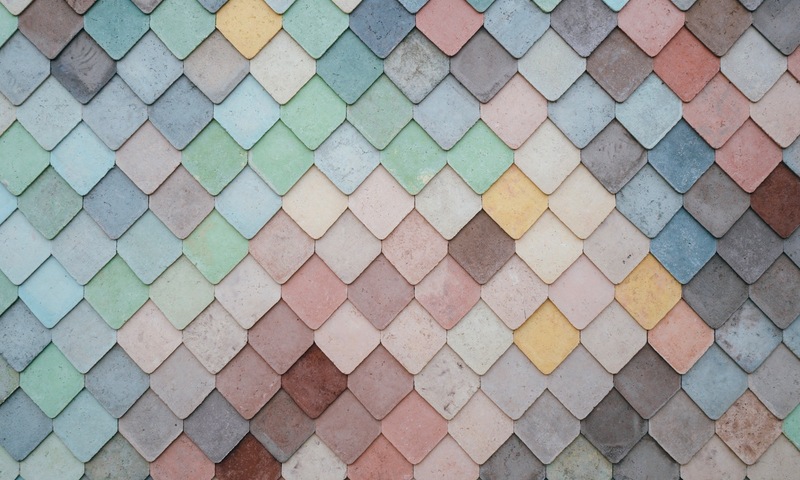When I was younger, dancing was my life. There was never a moment where I wasn’t in the studio working on my splits or rehearsing for the next national competition. When I danced, I felt alive. I thrived within my own bubble of security and self-expression, and nothing else mattered. However, there came a moment in my 14 years of pirouettes and elaborate costumes, that my bubble burst.
I grew up.
I gained curves in places I didn’t know I could have curves in. I grew hair in spots that were smooth and soft before. My face became decorated with blemishes and acne. My tummy grew a little rounder, hiding my once-defined abs. It was as if my picturesque dancer body gave out on me, and sadly, I wasn’t the only one that noticed.
I was never told directly that I wasn’t pretty. However, the indirect comments and glances hurt more. “Sophia, you look so grown up! I almost didn’t recognize you.” My family even began to notice this change. They would often focus on my face, how I needed to use a different face wash, and cut back on the grease and chocolate. It stung. I was no longer being seen for my talents, but rather my appearances. I was still the same dancer. Yet, they put my value in my physical attributes rather than my abilities as an athlete.
At Sunday school, I was always told that we were made in the image of God, that I was loved unconditionally regardless of what others told me or even what I told myself. But, there gets to a point where the negative begins to outweigh the positive. I began to believe that what they were saying was true. That I needed to change; I needed to become “beautiful.” What I didn’t realize then, was that I am wonderfully and fearfully made. I am beautiful, regardless of my imperfections.
These flaws made me who I am as an individual, and even more as a dancer.
Body shaming is nothing new. Within different cultures, it has shown its face in various ways, but the root of the problem stays the same. Family, friends, and even strangers often find themselves in a place to have the right to criticize the insecurities of others. They think their actions are justified and continue to make others feel inferior through hurtful comments and passive-aggressive glances. In today’s world, it is even easier to do so with technology at our fingertips. We feel the need to pose a certain way to accentuate some features and hide other ones. We need to have the right filter and make sure we get “x” amount of likes and comments. This validation we seek in others will never be enough. We will never be satisfied because we will continue to have these doubts within ourselves. This internal battle will continue to persist because our insecurities have been put on display for the world to see.
For myself, I can say this is a struggle that I face daily when I look in the mirror. I often don’t see my reflection, but rather the dips in my hips and the faults in my complexion. It wasn’t until I started seeking reassurance and validation, not in others, but from God, that I finally started to understand my true worth. As women of Christ, we can’t let the lies of the world get to us because we are truly beautiful. We are worthy. We are image-bearing daughters of Christ regardless of what the rest of society says, and I think it’s time we start believing those words. I did, and now I know I’m not just the pimples on my face or the stretch marks on my thighs. I am a dancer, ready to courageously take on the stage of life with God as my teacher, and the world as my audience.
 Biola University
Biola University



